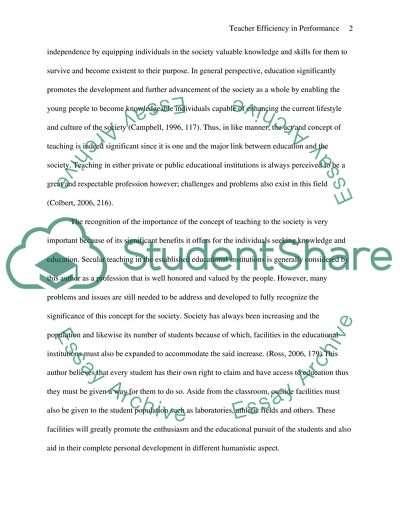Cite this document
(“Teaching Practice Essay Example | Topics and Well Written Essays - 2000 words”, n.d.)
Retrieved from https://studentshare.org/education/1499571-teaching-practice
Retrieved from https://studentshare.org/education/1499571-teaching-practice
(Teaching Practice Essay Example | Topics and Well Written Essays - 2000 Words)
https://studentshare.org/education/1499571-teaching-practice.
https://studentshare.org/education/1499571-teaching-practice.
“Teaching Practice Essay Example | Topics and Well Written Essays - 2000 Words”, n.d. https://studentshare.org/education/1499571-teaching-practice.


